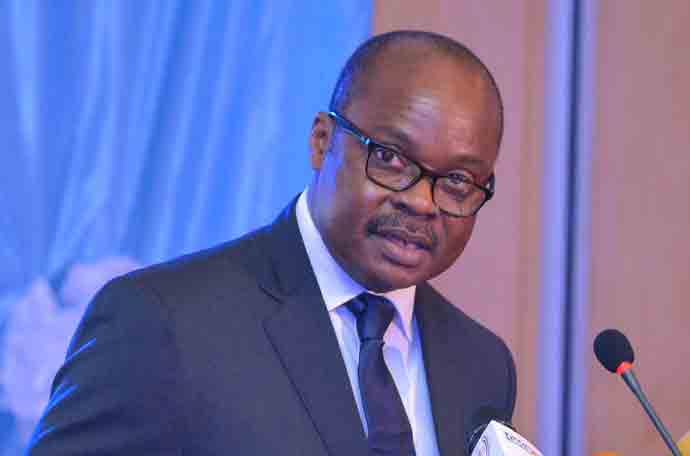
Construction Bank to fold up due to recapitalisation challenges
The Construction Bank, an indigenous universal bank, is set to wind down its operations by the close of next month.
Advertisement
A source close to the Construction Bank told the Daily Graphic that the industry regulator, the Bank of Ghana (BoG), had been notified about the incident, which is expected to affect dozens of professional staff engaged by the bank.
Customer assurances
The source said as part of the process of winding down, the bank had begun notifying all its customers about the imminent changes.
It said the board of directors of the bank had subsequently assured the customers and the banking public that all deposits were secure.
It said the board would “further like to inform all customers that should they require additional information and assistance, they may contact the bank’s head office branch at the Octagon in the central business district of Accra”.
Meanwhile, the source said all official business transactions would continue until a final wind down date was communicated.
It said the bank was grateful to its cherished customers and stakeholders for “believing in its vision and doing business with it”.
More to go?
There have been mixed reactions to the demand made by the BoG on the universal banks to recapitalise by the end of the year.
While some people claim the directive will help the banks undertake
Earlier in the year, about 10 of indigenous banks came together to appeal to President Nana Addo Dankwa Akufo-Addo to intervene and ask for more time to recapitalise.
However, the BoG is adamant over the appeal and has insisted on its stance, forcing some of the local banks to begin moves to consolidate.
Others are looking for foreign partners in a move they fear may force them to “sell for cheap”.
Meanwhile, there are reports about demands on the local banks that cannot meet the minimum capital requirement to scale down their staff before any takeovers. This is expected to force many professional bankers out of
Banking sector developments
The BoG, in
As
KPMG will ascertain the state of the bank’s assets and liabilities and exercise a variety of powers to rehabilitate and return the bank to regulatory compliance and viability within a period of six months, at the end of which the bank will be returned to private ownership and management.
Sovereign Bank
The central bank, again in its quest to ensure sanity in the sector, appointed an advisor for Sovereign Bank Limited in April 2018.
It did not previously publish notice of the appointment of the advisor, as it was done as part of its normal supervisory routine, but was forced to issue a release to clarify the issues on Sovereign Bank.
The BoG explained that as part of its supervisory functions, it completed an on-site examination of the bank in December 2017, the outcome of which revealed some governance and capitalisation challenges which needed to be addressed.
“Consequently, and in accordance with Section 101 (1) of Act 930, the BoG appointed an advisor in April 2018 to advise the management of Sovereign Bank Limited,” a release from the BoG said.
UT, Capital banks story
Earlier in the year, the BoG was left with no choice but to revoke the licences of UT Bank and Capital Bank, which were “deeply insolvent”.
The liabilities of the two banks overwhelmed their assets and the BoG deemed a purchase and assumption transaction as the least costly method of dealing with their collapse.
The collapsed banks were “unable to develop an acceptable plan”, according to the BoG, which indicated in a statement that it made efforts to help UT Bank and Capital Bank recover through private alternatives.
The central bank said there were “repeated agreements between the BoG and UT Bank and Capital Bank to implement an action plan to address these significant shortfalls”.
However, the owners and managers of UT Bank and Capital Bank were unable to increase the capital of the banks to address the insolvency.





